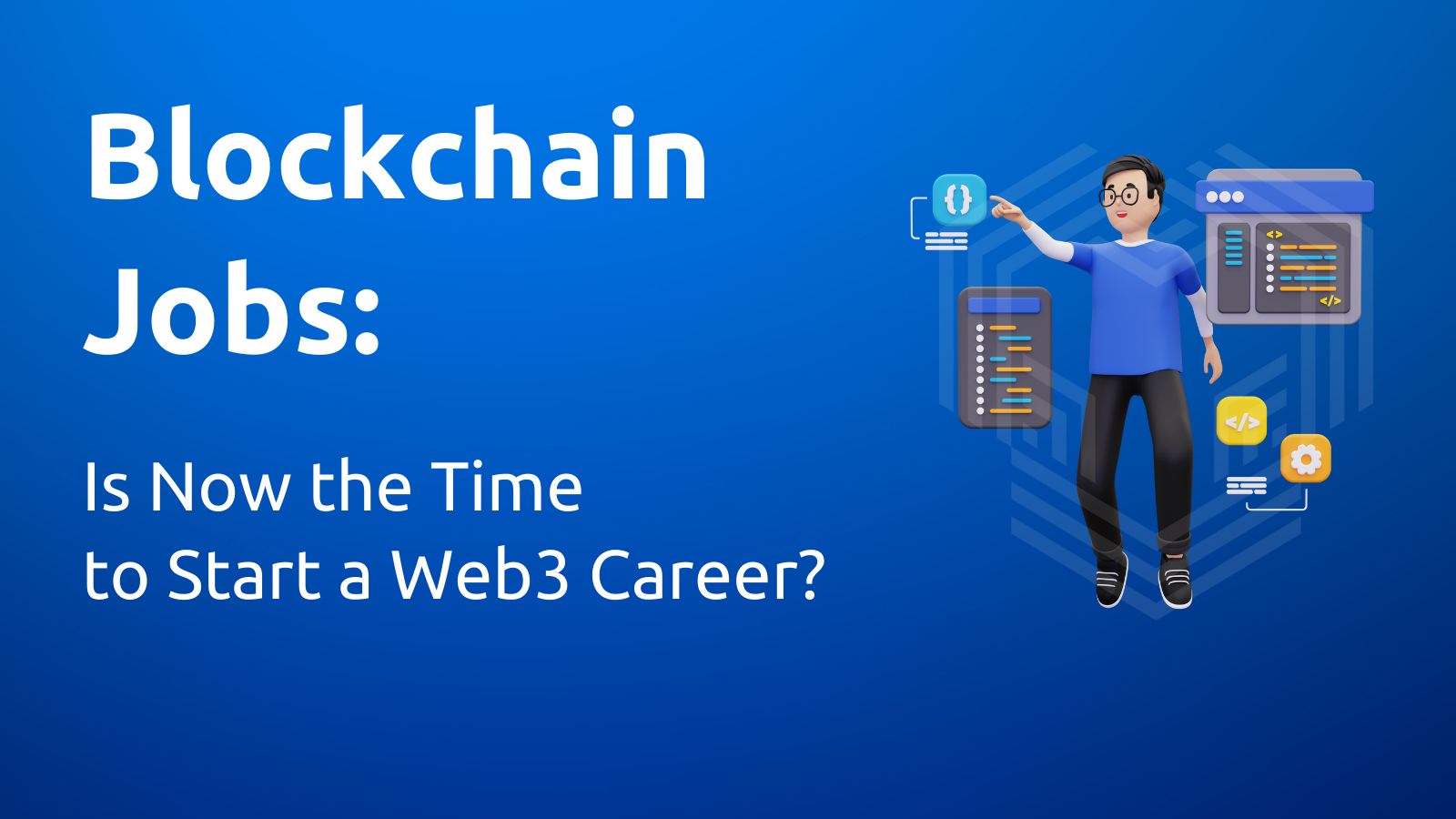Learner’s Park: Digital technology contextualises education, says Prashant Bhonsle of Kuhoo Fintech

Prashant Bhonsle, Founder, CEO, Kuhoo Fintech, Poshak Agrawal, Co-Founder, Athena Education and KA Alagarsamy, Director, Consortium For Technical Education (CTE), share their views on opportunities and challenges of the education system in India with FE Education Online.
What is the best thing about the current education system?
Poshak Agrawal, Co-Founder, Athena Education
The increased emphasis on holistic development and diverse learning opportunities in our education ecosystem. Today, this system is beginning to recognize the importance of soft skills, personal character development and global awareness. Interdisciplinary learning is valued, allowing students to pursue their passions across disciplines and cultivate critical thinking. While these positive aspects are encouraging, we must constantly evaluate approaches, adapt to changing needs, and strive for inclusion, diversity, and holistic preparation for the 21st century. How can we further improve our education system to meet these demands?
Prashant Bhonsle, Founder, CEO, Kuhoo Fintech
One of the best things about today’s education system is the increasing availability of digital resources and technology. With the proliferation of online courses, e-books, educational apps and other digital tools, students in India have greater access to information and resources than ever before. This has made education more practical, flexible and accessible, while providing skills that are directly linked to employability.
KA Alagarsamy, Director, Consortium For Technical Education (CTE)
The education system today has developed to a new extent by adopting technological advances. New technology has enabled online learning and access to digital resources, which has helped to improve the quality of education. Advanced educational technology in the education system has enhanced skill-based learning, emphasizing practical knowledge and hands-on learning and preparing students for successful careers. In addition, government initiatives such as the National Education Policy 2020 have led to further improvement in the quality of education. It also encourages the use of technology in the education system, thus making it more relevant to society’s needs.
What is the one thing you would change in the system?
Poshak Agrawal, Co-Founder, Athena Education
One change will be to prioritize individualized learning. At Athena, we value the uniqueness of each individual student. Each student has unique strengths, weaknesses and learning styles, and a one-size-fits-all approach fails to accommodate this diversity. By tailoring education to the needs of each student, we can foster a love of learning, increase engagement and unlock their full potential.
Prashant Bhonsle, Founder, CEO, Kuhoo Fintech
If I had to choose just one thing to change in the Indian education system, it would be to focus on developing critical thinking and fostering creativity rather than just memorization. This will require a shift in teaching methodology, assessment strategies and curriculum design. By encouraging students to think independently and creatively, we can help them develop the skills they need to succeed in the 21st century.
KA Alagarsamy, Director, Consortium for Technical Education (CTE)
There is a need to shift from the practice of memorizing things and just reproducing them in exams without having enough understanding of their application. There is also a need to focus on cultivating self-learning and rational thinking to train young minds to apply learning.
What role has digital played in the development of the education system?
Poshak Agrawal, Co-Founder, Athena Education
Every day we witness digital advances that have the potential to revolutionize the education system. Technology has enabled us to analyze huge amounts of data, uncovering patterns and insights to inform teaching practice. Cutting-edge tools, such as machine learning algorithms, have facilitated personalized learning, adaptive assessments, digital simulations, and virtual labs that can provide immersive learning experiences. We cannot deny the transformative role of digital innovation in shaping the future of education and empowering both teachers and students.
Prashant Bhonsle, Founder, CEO, Kuhoo Fintech
The role of digital technology in the development of the education system has been enormous. Digital tools have changed the way we teach and learn, making education more accessible, interactive and engaging. They have opened new avenues for learning, such as online courses, virtual classrooms, educational games and simulations. Digital technology has also made education more contextualised, helping people navigate career moves with confidence.
KA Alagarsamy, Director, Consortium for Technical Education (CTE)
Digital technology has made education more accessible and has enabled students to access educational resources and courses from anywhere. It has helped to build bridges between urban and rural areas and has provided opportunities for students who might not have had access to education otherwise.
Digital technology has strengthened the personal learning experience, making it easier for students and teachers to collaborate and communicate with each other. It has made learning more interactive and engaging by using multimedia elements such as videos, games and simulations. In addition, it has helped in collecting and analyzing student performance data and understanding their strengths and weaknesses
What has been the disadvantage of digital in education?
Poshak Agrawal, Co-Founder, Athena Education
I recognize that while digital advances have created positive educational changes, there are also some downsides. Over-reliance on technology can lead to a lack of human connection and personal interaction, essential for effective learning. Online learning may only suit some students, and some may need help with self-regulation and motivation in a virtual environment. Concerns about privacy and security in online learning platforms also present challenges. It is crucial to balance the use of technology for educational purposes, while addressing the potential drawbacks and ensuring that the human element of education is not compromised.
Prashant Bhonsle, Founder, CEO, Kuhoo Fintech
One of the main disadvantages of digital technology in education is the potential for unequal access to technology and resources. Students from disadvantaged backgrounds may not have access to the same quality of digital tools and infrastructure as their more affluent peers, leading to a digital divide in education. In addition, digital technology can be a distraction in the classroom, leading to a reduced attention span. Finally, there is a risk of over-reliance on digital technology, which can lead to the loss of essential skills such as critical thinking and problem-solving.
KA Alagarsamy, Director, Consortium for Technical Education (CTE)
If not used properly, digital technology can be a source of distraction for students, with social media and other distractions. Students can become overly dependent on technology, potentially hindering their ability to learn without it. Also lack/lack of rural infrastructure to access the latest technology is a barrier to the widespread use of digital education.
Furthermore, along with empowerment, the use of digital technology in education raises concerns about data privacy and security, which, if not managed effectively, pose a serious threat.
What career advice would you give the students?
Poshak Agrawal, Co-Founder, Athena Education
I follow a simple, well-rounded approach. We all want to succeed, but we also have to remind ourselves that life is a journey of continued growth, learning and resilience. As such, we must all go beyond academic excellence, and develop leadership skills, engage in extracurricular activities and show genuine passion in our field of interest. Seek opportunities for internships, research and community service to stand out. Build strong communication skills, network and cultivate a growth mindset, because success lies in holistic development and the joyful pursuit of your excellence.
Prashant Bhonsle, Founder, CEO, Kuhoo Fintech
My career advice to students would be to focus on developing a growth mindset, cultivate a love of learning and explore their passions. It is important to be adaptable, resilient and willing to take on challenges. Networking and building relationships are also critical to success, so seek out mentors, connect with peers, and actively engage in your chosen field. Remember to prioritize your mental and physical health, and don’t be afraid to take risks and make mistakes – they are an important part of the learning process.
KA Alagarsamy, Director, Consortium for Technical Education (CTE)
To advance and have a successful career, I would advise students to channelize their focus on self-learning and continuous learning, follow market demands, develop in-demand skills and take time to explore career opportunities.
Follow us on TwitterFacebook, LinkedIn
























